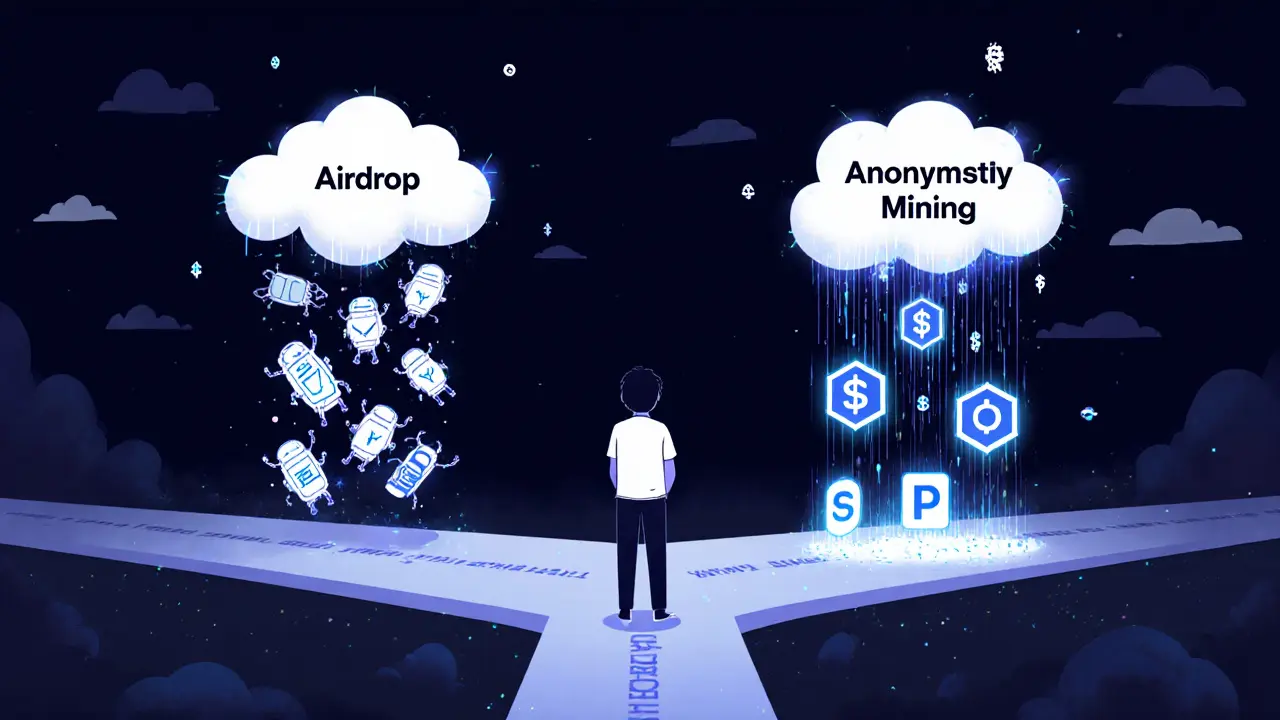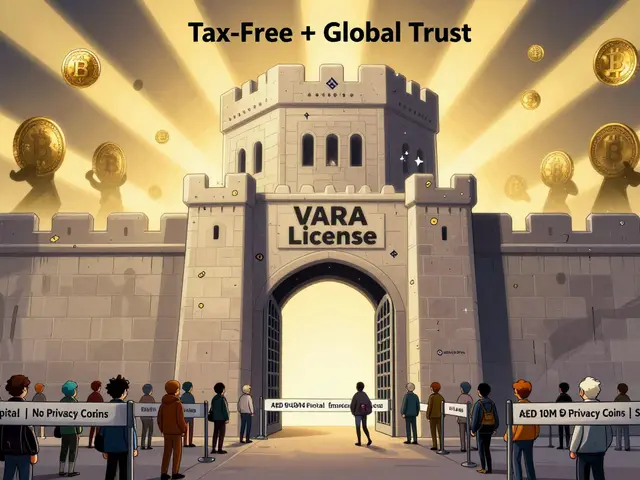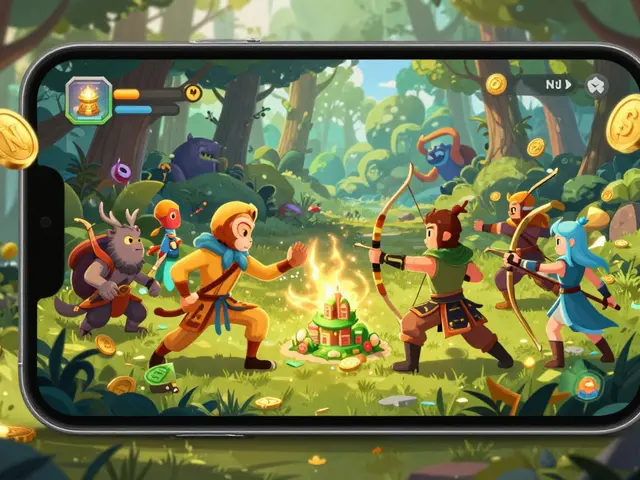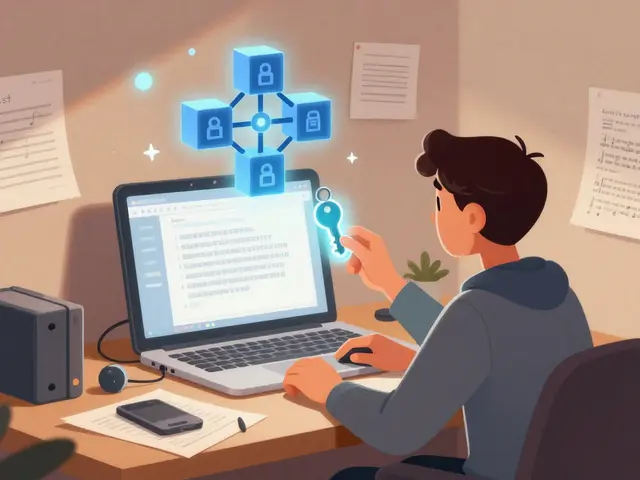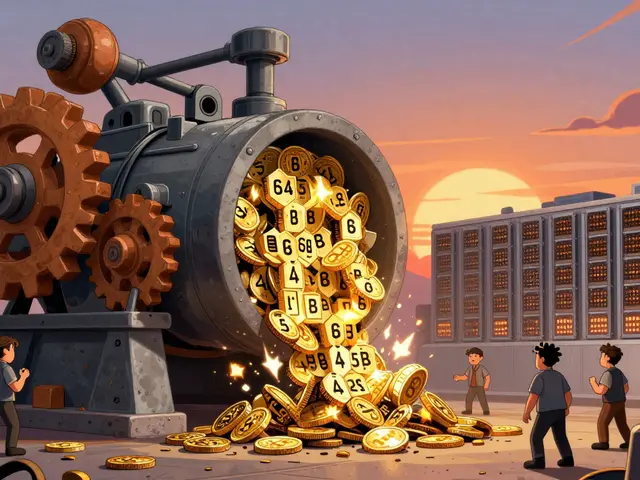MCASH Token: What It Is, How It Works, and Where to Find Real Info
When you hear about MCASH token, a digital asset often promoted in crypto airdrop circles with little public documentation. Also known as Mcash Coin, it pops up in forums and Telegram groups as a potential free token—but rarely with clear details on who built it, where it lives, or what it’s for. Unlike major tokens like Ethereum or Solana, MCASH doesn’t show up on major blockchain explorers or top exchange lists. That’s not always a red flag, but combined with vague whitepapers and anonymous teams, it’s a warning sign most experienced investors take seriously.
MCASH token often shows up alongside other obscure projects like FourCoin (FOUR), a meme coin on Ethereum with no clear utility beyond community hype, or ZWZ token, a cryptocurrency tied to a gaming airdrop with shaky market traction. These projects share a pattern: they rely on social media buzz, not real-world use cases. The tokenomics are usually unclear—supply numbers change, distribution methods are hidden, and liquidity is minimal. If you’re being told to "claim MCASH now before it’s gone," ask: Who’s giving it away? Why? And where’s the contract address verified on Etherscan or BSCScan?
Many users get lured in by fake airdrop sites pretending to be linked to MCASH, just like the ones pushing fake TRO or SLD drops. These scams often ask for your private key, require you to pay a "gas fee," or redirect you to phishing wallets. Legitimate token projects don’t ask for your keys. They don’t pressure you. They publish code, audit reports, and team info. MCASH has none of that. And while some small tokens like WEXO, a crypto cashback coin with a working wallet and real partnerships have found niche use, MCASH doesn’t even have a basic website that explains its purpose.
So what’s left? You’ll find scattered posts about MCASH in crypto communities—some claiming it’s a new DeFi project, others saying it’s a dead meme coin. But none of them link to a live blockchain, a verified team, or a working dApp. That’s why the articles below focus on real, verifiable tokens and airdrops: to help you avoid wasting time on ghosts like MCASH and instead spot projects with actual structure, transparency, and potential. Below, you’ll see guides on tokens that actually work, airdrops you can claim safely, and exchanges you can trust. Skip the noise. Focus on what’s real.
MCASH Monsoon Finance Airdrop: What Really Happened and How to Earn Tokens
Monsoon Finance never did a traditional MCASH airdrop. Instead, it rewards users with tokens through anonymity mining - using its cross-chain privacy bridge. Learn how it works, where to earn MCASH, and why the token price crashed.
